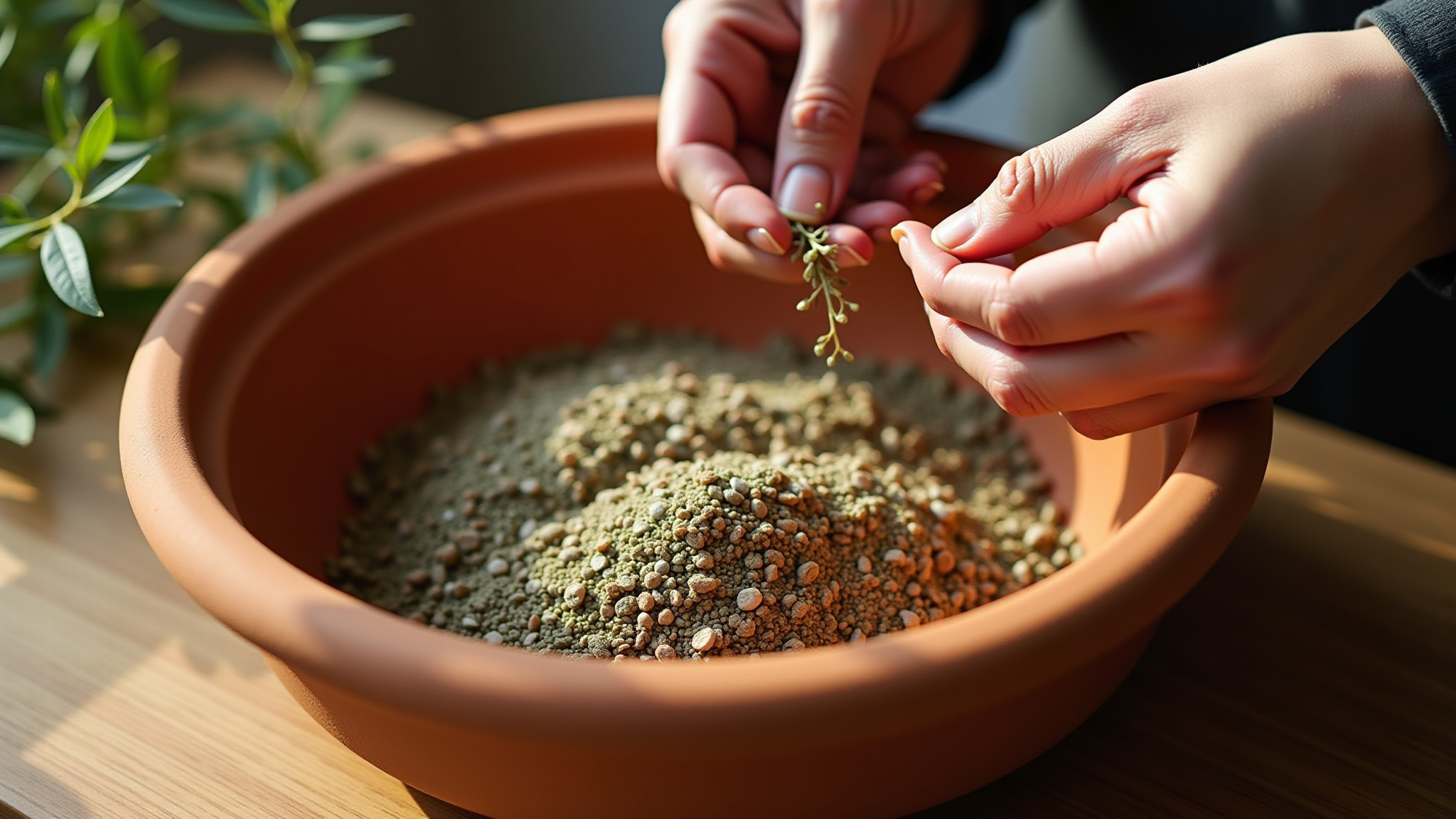How Cultural Traditions Enhance Holistic Health Approaches
- jupiterdawn
- Aug 17
- 4 min read
Updated: Aug 17
In a world that often prioritizes quick fixes and instant results, the importance of holistic health approaches is becoming increasingly recognized. Holistic health focuses on the whole person, considering physical, emotional, social, and spiritual well-being. One fascinating aspect of holistic health is how cultural traditions can enhance these approaches. By integrating cultural practices into health routines, individuals can find deeper connections to their well-being.
Cultural traditions offer unique insights and methods that can enrich our understanding of health. They provide a sense of community, belonging, and identity, which are essential for overall wellness. In this blog post, we will explore how various cultural traditions contribute to holistic health practices, highlighting specific examples and practical applications.
The Role of Community in Holistic Health
Community plays a vital role in holistic health. Many cultural traditions emphasize the importance of community support in maintaining health. For instance, in many Indigenous cultures, health is viewed as a collective responsibility.
Example: Indigenous Healing Practices
Indigenous healing practices often involve community gatherings where individuals come together to share stories, perform rituals, and support one another. These gatherings foster a sense of belonging and connection, which can significantly enhance emotional and mental health.
Storytelling: Sharing personal stories can help individuals process their experiences and feel less isolated.
Rituals: Participating in rituals can create a sense of continuity and stability, which is essential for mental well-being.
By incorporating community support into health practices, individuals can experience a more profound sense of connection and healing.
Mindfulness and Meditation Across Cultures
Mindfulness and meditation are practices that have roots in various cultures. These techniques promote mental clarity, emotional stability, and overall well-being.
Example: Buddhist Meditation
Buddhism has long emphasized the importance of mindfulness. The practice of meditation helps individuals focus on the present moment, reducing stress and anxiety.
Breathing Techniques: Simple breathing exercises can be practiced anywhere, making them accessible to everyone.
Mindful Eating: This practice encourages individuals to savor their food, promoting better digestion and a healthier relationship with eating.
Incorporating mindfulness techniques from different cultures can enhance personal health routines, leading to improved mental and emotional well-being.
Traditional Healing Practices
Many cultures have their own traditional healing practices that have been passed down through generations. These practices often focus on natural remedies and holistic approaches to health.
Example: Ayurveda
Ayurveda, an ancient Indian system of medicine, emphasizes balance in the body, mind, and spirit. It uses natural herbs, dietary guidelines, and lifestyle changes to promote health.
Dosha Assessment: Understanding one's dosha (body type) can help individuals tailor their health practices to their unique needs.
Herbal Remedies: Many Ayurvedic herbs, such as turmeric and ashwagandha, have been shown to have health benefits.
By integrating traditional healing practices into modern health routines, individuals can benefit from centuries of wisdom.
Nutrition and Cultural Food Practices
Food is a significant aspect of cultural identity, and traditional diets can offer valuable insights into nutrition. Many cultures have developed diets that promote health and well-being.
Example: Mediterranean Diet
The Mediterranean diet is based on the traditional eating habits of countries bordering the Mediterranean Sea. It emphasizes whole foods, healthy fats, and plenty of fruits and vegetables.
Health Benefits: Research shows that this diet can reduce the risk of heart disease and improve overall health.
Social Aspect: Meals are often shared with family and friends, promoting social connections and emotional well-being.
Incorporating elements from traditional diets can enhance nutritional practices and contribute to overall health.
Spiritual Practices and Well-Being
Spirituality is an essential component of holistic health. Many cultural traditions include spiritual practices that promote inner peace and connection to something greater.
Example: Native American Spirituality
Native American spirituality often involves a deep connection to nature and the earth. Practices such as sweat lodges and vision quests are used for healing and self-discovery.
Nature Connection: Spending time in nature can reduce stress and promote mental clarity.
Rituals: Engaging in spiritual rituals can provide a sense of purpose and belonging.
By incorporating spiritual practices from various cultures, individuals can enhance their overall well-being.
The Importance of Cultural Sensitivity
As we explore the integration of cultural traditions into holistic health, it is crucial to approach these practices with respect and sensitivity.
Understanding Cultural Context
Each culture has its own unique history and context that shapes its health practices. It is essential to understand these backgrounds to avoid appropriation and ensure respectful integration.
Education: Learning about different cultures can enhance our understanding and appreciation of their health practices.
Collaboration: Working with cultural practitioners can provide valuable insights and ensure that practices are used appropriately.
By fostering cultural sensitivity, we can create a more inclusive approach to holistic health.
Practical Steps to Integrate Cultural Traditions
Integrating cultural traditions into holistic health practices can be a rewarding journey. Here are some practical steps to get started:
Research: Explore different cultural health practices that resonate with you.
Connect: Engage with community members or cultural practitioners to learn more about their traditions.
Experiment: Try incorporating elements from various cultures into your health routine, such as meditation, dietary changes, or community gatherings.
Reflect: Take time to reflect on how these practices impact your well-being.
Share: Share your experiences with others to promote understanding and appreciation of diverse health practices.
By taking these steps, individuals can create a more holistic approach to their health that honors cultural traditions.
Embracing a Holistic Future
As we move forward in our understanding of health, it is essential to embrace the richness that cultural traditions offer. By integrating these practices into our lives, we can enhance our holistic health approaches and foster a deeper connection to ourselves and our communities.
Cultural traditions provide valuable insights into well-being, reminding us that health is not just an individual journey but a collective one. By honoring these traditions, we can create a more inclusive and supportive environment for all.

Incorporating cultural traditions into holistic health is not just about adopting new practices. It is about understanding the deeper connections that bind us as human beings. By embracing these traditions, we can cultivate a healthier, more vibrant world for ourselves and future generations.





Comments